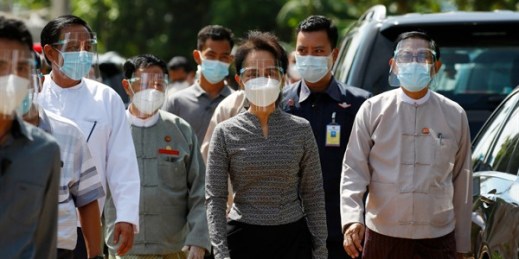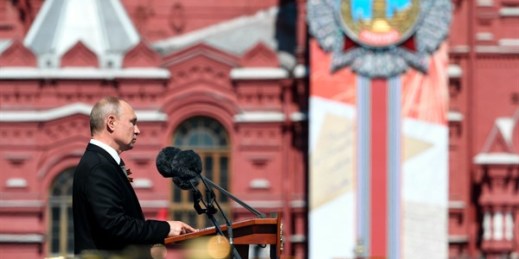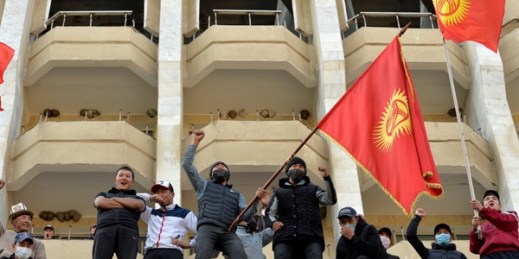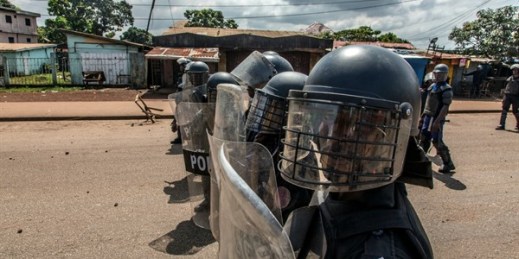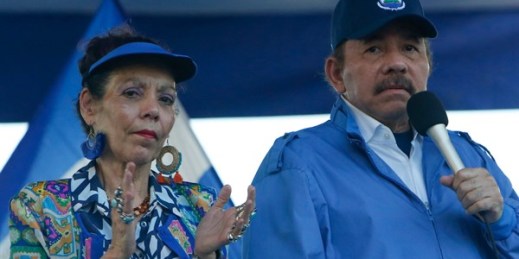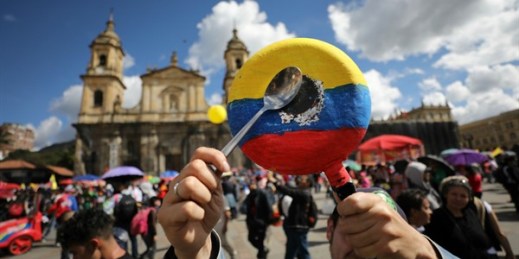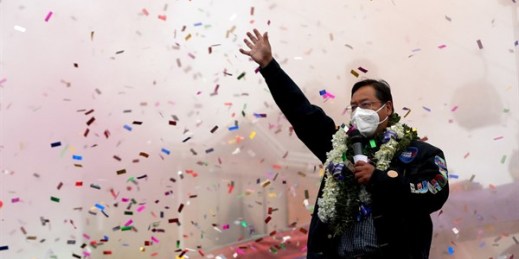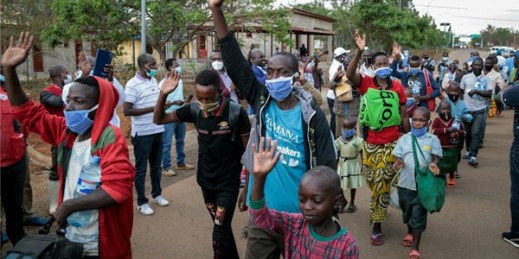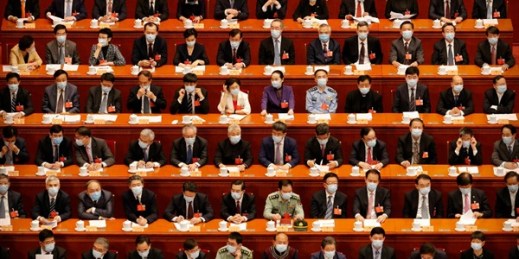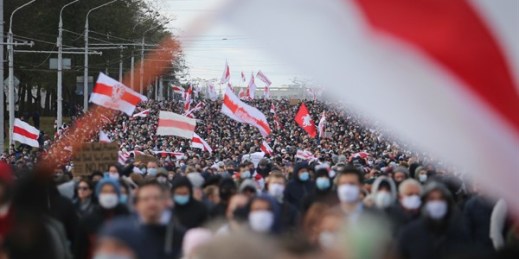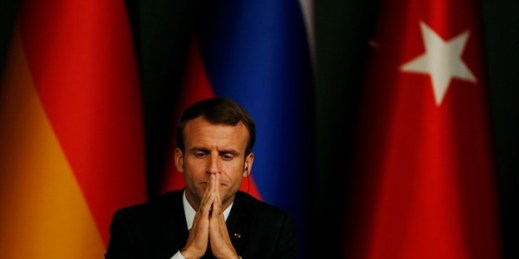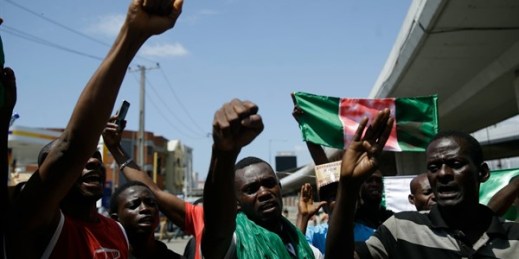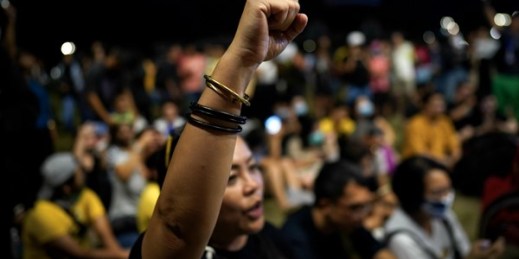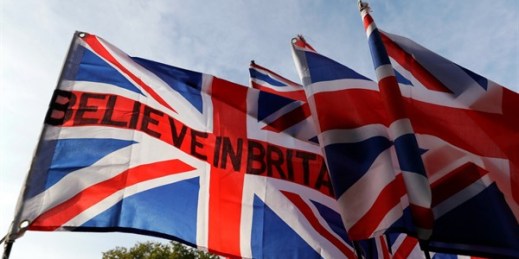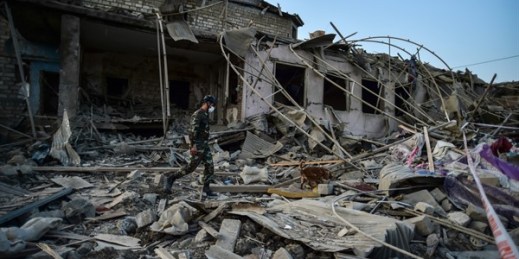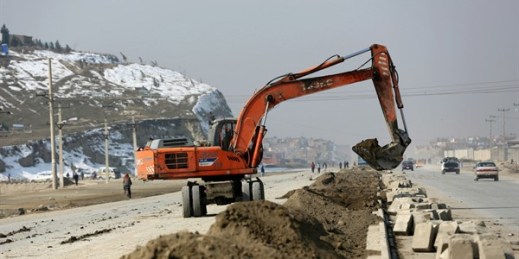
As the United States prepares for a full withdrawal of its troops from Afghanistan, potentially as soon as next spring, a cloud of uncertainty hangs over its efforts to promote infrastructure development in Central and South Asia. Since the U.S. invasion of Afghanistan in 2001, China has become a major player in the region, especially through the 2013 announcement of its Belt and Road Initiative, a major infrastructure program involving hundreds of billions of dollars in investments throughout Asia and beyond. The rise of Chinese spending and influence has overshadowed America’s efforts, inducing a kind of collective amnesia among many […]

